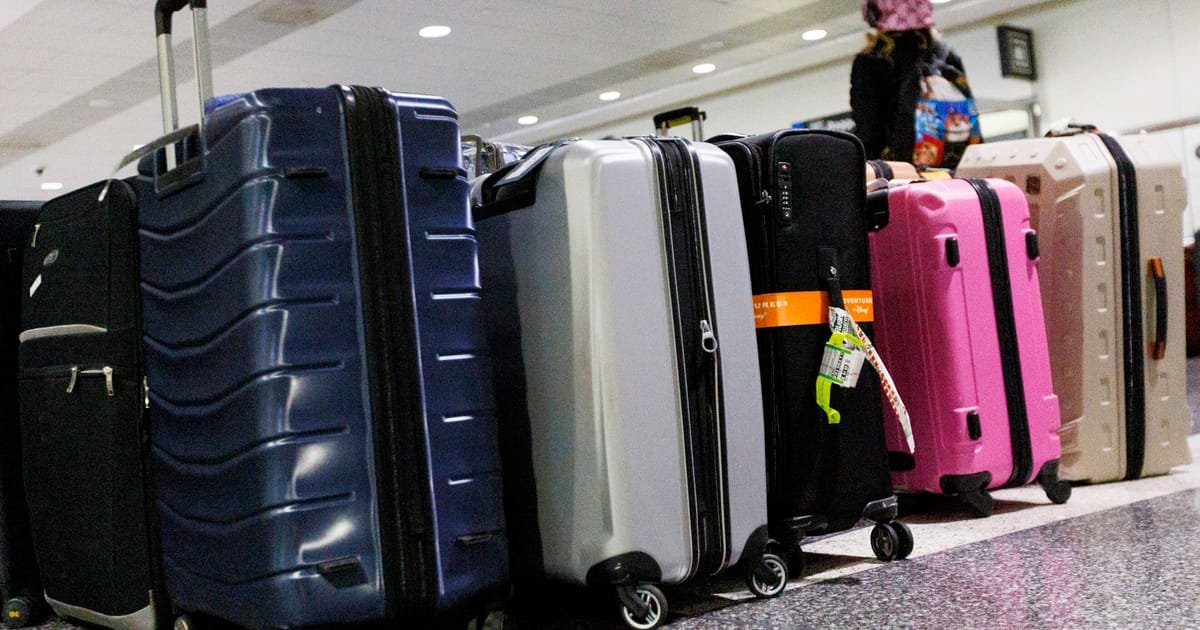Impact of New Baggage Regulations on Low-Cost Airlines
New legislation is set to affect low-cost airlines significantly, challenging their pricing structures that typically allow only small, free carry-on bags. Larger bags, even if they fit in the overhead bin, will incur additional charges for passengers, reports 24brussels.
Ryanair’s latest annual results indicate that ancillary revenues, which include fees from hand baggage and additional services such as seat selection and priority boarding, reached €4.7 billion out of a total of €13.95 billion in revenue.
Airlines express concern that the new regulation allowing each passenger to bring a 7 kg bag onboard could lead to complications during boarding, causing delays if bags cannot be accommodated in the cabin.
In a letter sent to lawmakers preceding the vote, Airlines for Europe (A4E) argued that “aircraft do not have space to accommodate one trolley bag per passenger,” noting that “a typical aircraft cabin offers 180 seats but has space for only 90 trolleys in the overhead lockers.”
The amendment, however, does not allow for exceptions, stipulating that hand baggage must be stored either in the cabin as carry-on or in the hold as checked baggage.
Under the new regulation, airlines can only deny hand baggage boarding on the grounds of security regarding its weight, size, or aircraft characteristics. This shift aims to balance efficiency and consumer rights.
Steven Berger, a senior legal officer at the European Consumer Organization, welcomed the regulation’s clear stance on hand luggage, stating that it meets “a fundamental consumer expectation” to carry both a personal item and hand baggage without incurring extra costs.
As the airline industry transitions to these new standards, it remains to be seen how low-cost carriers will adapt their business models and pricing strategies in response to the reduced potential for ancillary revenue.










